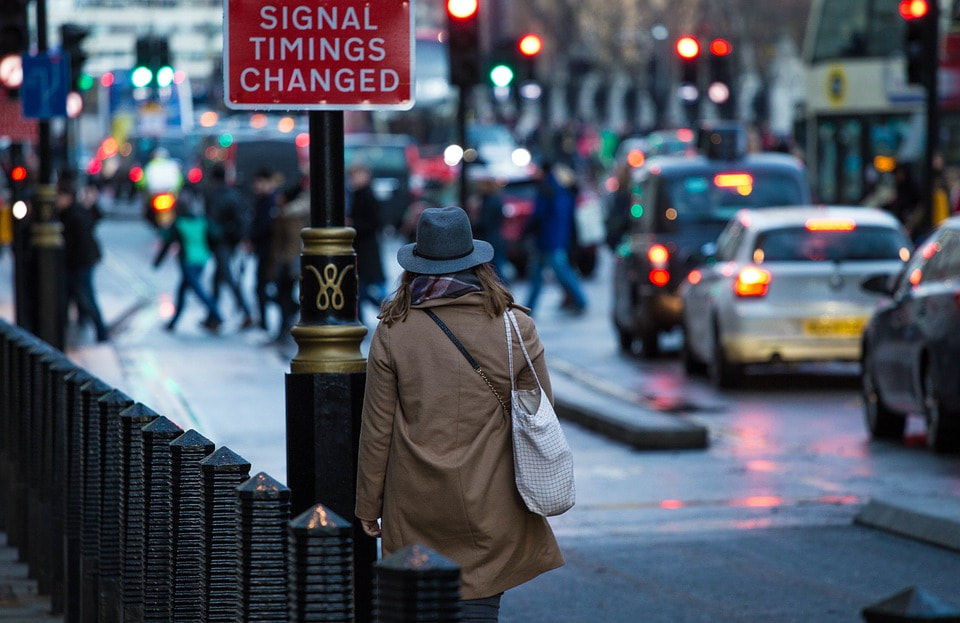|
Loneliness, like so many things in post-austerity Britain, has became all about productivity and profitability Ruth Cain
Only some of this is true, but it is true enough. I am divorced and live alone in London, a city of 10 million people, around one third of whom live alone. There are four or five people I would consider ‘real’, long-term friends. They are mostly spread across the country and indeed the world, from Durham to New Zealand. Although some friends tell me that I can always talk to them, there is no one who I would automatically feel able or entitled to call in a crisis. This makes me one of the two-thirds of people in the UK who reportedly feel they have no one to turn to if in need. I work largely at home and so can spend several days not talking to anyone face to face, except the staff in my local supermarket or café. I spend a lot of time on screens, both for work and leisure, and have recently tried to cut down on social media as it is making me feel inadequate. Still, if I get rid of it, I will feel more cut off. I am not shy but the more time I spend alone, the harder it is to go out and talk to anyone, and the more anxious I become when talking to strangers or in groups. Recently, my instinct has been to turn down invitations. This profile puts me squarely into a box of people who the government have deemed likely to be lonely, based on research into the characteristics and circumstances of lonely people. I’m not alone in this box: according to the charity Relate, almost a fifth of adults feel lonely often or all the time. You could say that I’m part of the zeitgeist. Loneliness is hot right now – both in the halls of Westminster and around the kidney-shaped tables of start-ups, incentivised to make a buck out of our unwanted solitude. On Valentine’s day, the BBC launched a loneliness survey and 55,000 people from around the world participated, making it the largest ever survey into the subject. The results were turned into a series of three radio documentaries that aired in October. I’ve lost track of the number of articles I’ve read this year about a woman (because they usually are women) who moved to London and felt achingly alone in the middle of one of the busiest metropolises on Earth. It seems like we’ve been given permission to talk and the floodgates have opened.
7 Comments
|
AuthorPSC is a network of people interested in applying psychology to generate social and political action. You don't have to be a member of PSC to contribute to the blog Archives
February 2022
Categories
All
|
PSYCHOLOGISTS FOR SOCIAL CHANGE
- Home
- About
-
Groups
- Blog
-
Position statements
- UK >
-
Cymru / Wales
>
- Consultation Responses
- Housing Support Funding
- Connecting the Dots Report
- Chemical Imbalance Myth
- Review of use of dx PD
- UK Inhumane Removal Plans
- WG LGBT+actionplan
- Ty Coryton
- Commission on Race and Ethnic Disparities: The Report
- ECT Review
- Black Lives Matter
- COVID 19 and Internet Access
- Save the T4CYP Programme
- Support the Mind over matter Report
- UN Report on Extreme Poverty in the UK Letter
- England >
- Ireland >
- Northern Ireland
- Scotland
-
Campaigns
- Join our mailing list

 RSS Feed
RSS Feed
